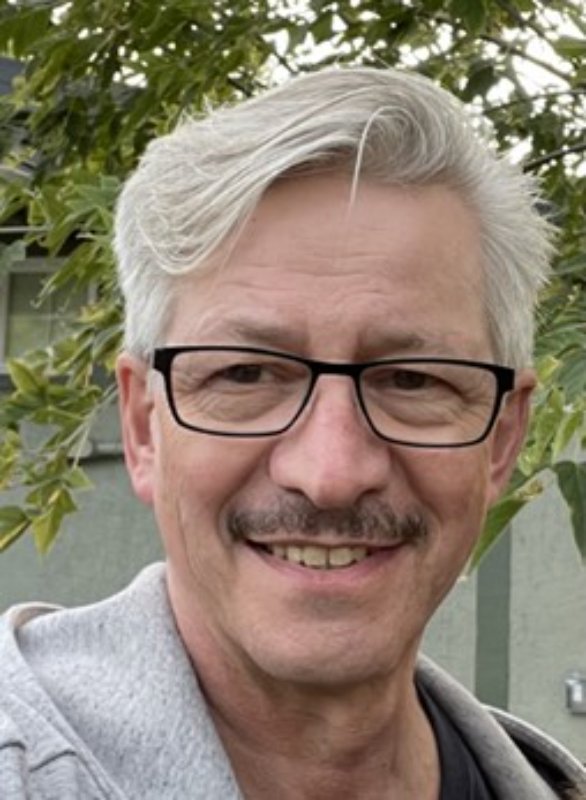The Mental Health Benefits of Spirituality and Religion
 Ron Falk who has been the Director of Spiritual Health at Eden Mental Health Centre for the past 13 years. The focus of Eden is “Providing Hope, Healing and Community.” At Eden, “mental illness is not a choice but recovery is.”
Ron Falk who has been the Director of Spiritual Health at Eden Mental Health Centre for the past 13 years. The focus of Eden is “Providing Hope, Healing and Community.” At Eden, “mental illness is not a choice but recovery is.”
Ron affirms his colleagues for all the care and compassion they provide for the physical, mental and spiritual needs of their patients, and clients. Their presence and care reassures the patients that they are not alone on their healthcare journey.
His work as a practitioner is about building bridges of understanding through listening, hearing others’ stories and, when appropriate, exploring where God is in their story. Ron says spiritual care is not about trying to convince patients or staff or anyone to believe what he believes. Most often, it is about listening to the hurt, the sense of abandonment by people, sometimes a sense of abandonment by God and facilitating their search for meaning and hope in life. Ron listens actively without judgement.
“Over the years, the experiences that have touched me the most are those connections with patients or staff who have a different faith & cultural perspective than my own. These experiences have challenged me, and have invited me to grow in understanding of others & myself.”
Ron witnessed how the years of COVID were challenging, overwhelming, frightening, exhausting, and heart-breaking for people. He saw how each person’s story was unique in terms of how it affected them. It was important for him to honour and respect each person’s way of understanding the challenges they faced.
Recently, Ron had the incredible privilege to hear a colleague’s story. A colleague shared an experience of pain, sadness & hurt from many years ago. He was humbled by this person’s vulnerability. As he reflected on what was shared, he began to understand his colleague’s perspective.
When talking about living in a polarized world and providing spiritual care, Ron says’ “I may not agree with another person’s perspective on faith/religion, or anything else, but I still can understand their perspective. The only way for me to understand their perspective is to listen and to be compassionate.”
“Do I/we fail at this? Yes. Miserably, at times. But over and over, I/we are called to stop & listen; and care for one another. Our colleagues, our friends, our neighbors & our community need to stop & listen to one another. We each need to do our part in cultivating a culture of compassion.”
Ron offers us several questions for reflection:
- How do we (as individuals, as organizations, as a community, as health regions) move forward in ways that are life-giving; in ways that respect each person’s perspective?
- How do we share our perspective in ways that invite others to share their views?
- How can we cultivate compassion within our own context?
